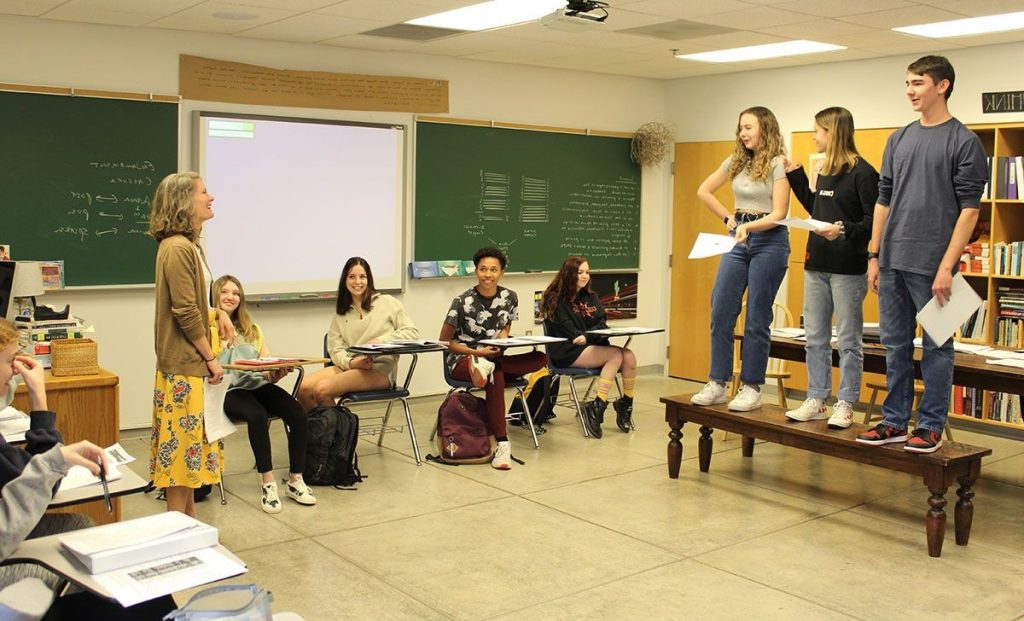A recitation is a class during which students are required to recite a particular piece of text or poem. The recitation is used as a review session for the lecture material and includes practice problems. These problems must be answered by the student in order to receive credit for the recitation. Often, recitation classes are required for a particular course, but you should check the SECTIONS for individual times and rooms, as well as the TA for further details.
Recitation classes are a great way to learn about the course material, as they provide students with additional examples and explanations. Students who find the lecture material difficult can learn the material in an engaging way. Moreover, instructors in recitation classes can offer you valuable insights and tailored strategies to help you master the material. You should check the attendance policy and the requirements of the course you are enrolled in, as these might differ from those in your other classes.
Recitation classes are often small, and the size of the class is smaller than in a lecture. This means that students get more personalized interaction with the professor, as compared to the large lecture class. The best recitation classes are the products of students’ feedback. If you are unhappy with a particular recitation class, don’t be afraid to approach the TA and tell them so. A good TA will be more than happy to hear from you and implement your suggestions.
Recitation classes are a unique type of class. Unlike lectures, they are small in size and comprise a subset of students from the larger lecture class. This gives students the chance to ask questions, clarify difficult concepts, and even ask questions. Recitation classes are often interactive, with quizzes and discussion sessions. There is a great opportunity for students to learn and grow, but they should not be confused with lectures.
Recitations are a great learning resource. As a student, you should be aware of your recitation TA’s approach. While recitation classes are important for learning, they are also a great opportunity for instructors to meet their students and to assess their progress. The TA is a valuable member of the class, and they are there to support you. They will be happy to listen to constructive feedback from students.
Recitation classes are usually much smaller than a lecture. However, students should still attend all lectures, as they will be able to plan their recitations. A recitation class is a good way to review material that you may not have learned in a lecture. In addition to making sure you’re learning the material, you should also take notes. Recitations are very valuable for a variety of reasons.
A recitation class is an excellent resource for students, and you should always make sure to communicate with the TA about any concerns you have. A TA is there to help you and will be glad to hear your concerns. Your recitation TA should be open to your concerns and will work with you to improve your recitation class. It is important to communicate with the TA if you are unhappy with the recitation in a particular class.

Recitation classes are beneficial to students.
Recitation classes are often a great opportunity to get more out of a lecture class. It is a great way to get to know your professor and your peers. Recitations are a great way to get better marks in a course and a recitation class is no exception. You should be able to take notes during the lecture. It is a great opportunity for you to get questions answered and understand the material.
Recitations are typically held after lectures. The recitation leader will help you lead the recitation and will usually be the TA’s assistant. In a recitation, the class will be small and contain many students. In a lecture, only the professor and the TA will be responsible for the recitation leader. A recitation class is different from a lecture in many ways.
